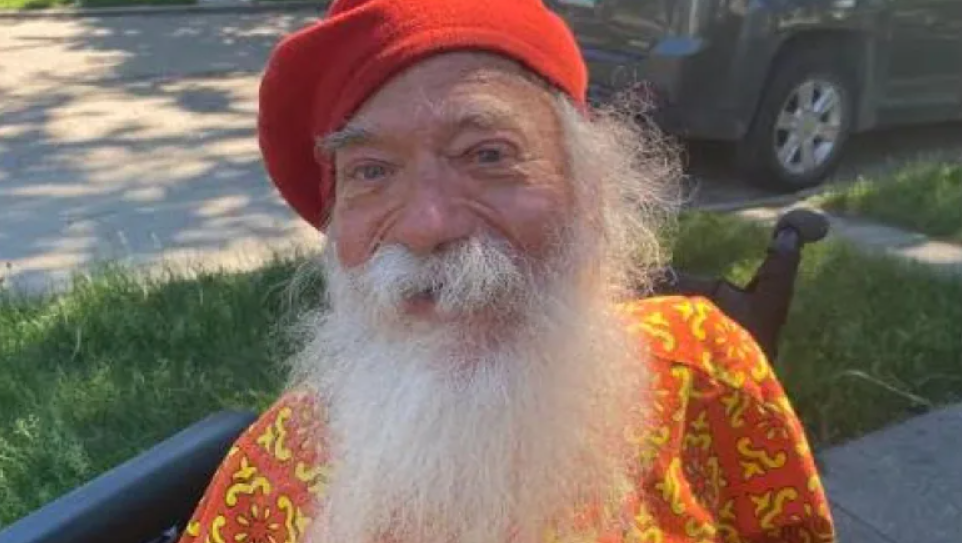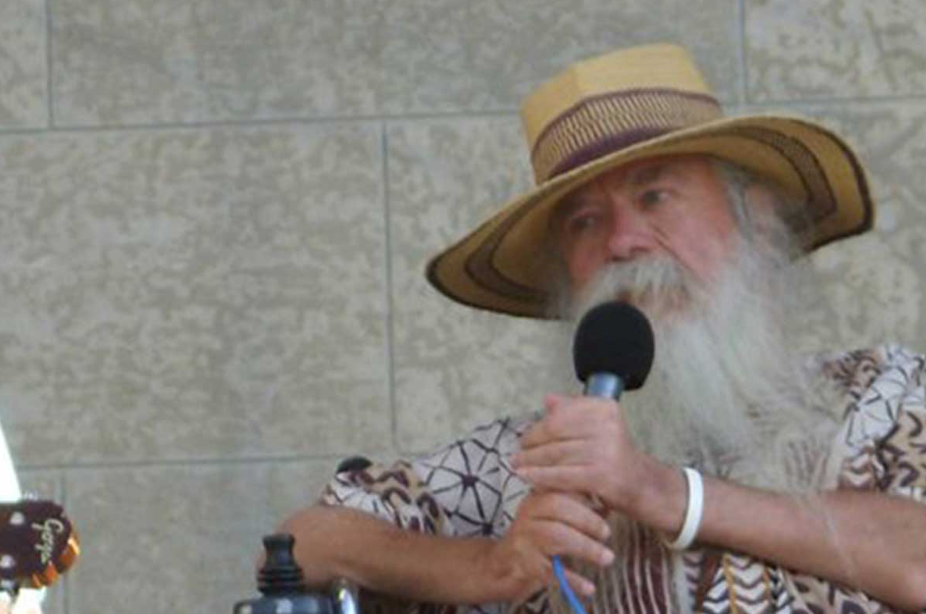Jim Derksen, a disability rights activist and champion for individuals with disabilities in Manitoba, passed away at the age of 75. Throughout his life, Jim was dedicated to advocating for the rights of individuals with disabilities and promoting equality and inclusion. He worked tirelessly to raise awareness of the challenges faced by individuals with disabilities and was a vocal advocate for the implementation of stronger disability rights laws in Canada.
Jim’s activism was rooted in his own experiences as a person with disabilities and his deep understanding of the issues faced by the disability community. He was a strong voice for disability rights and played a key role in shaping disability law in Canada, including federal disability laws and disability law in Manitoba.
Jim’s contributions to the disability rights movement were far-reaching and had a lasting impact on the lives of individuals with disabilities across Canada. His advocacy work helped to ensure that individuals with disabilities were protected under the law and were able to access the support and disability benefits law they needed.
Jim’s legacy will continue to inspire future generations of disability rights activists and will be remembered by those who knew him as a champion for the rights of individuals with disabilities. His dedication to promoting equality and inclusion for all will always be remembered and appreciated.
“Jim made people understand that the problem did not reside within the individual, but … with the way we structure our society, with the built environment, with people’s prejudices and biases.”

Derksen was instrumental in enshrining disability rights in Canada’s Charter of Rights and Freedoms.
At the time, he was working with the Council of Canadians with Disabilities, but was seconded to a federal committee to advocate for inclusion in the charter’s equity rights section.
“In the early days, they only wanted to include physical disability, not mental disability. Jim led that battle and said, ‘No, it has to be both,’.
“Jim was one of those characters that, in a gentle way, could bring people onside.”
Accessible transit
Derksen was at one point the chair of the Winnipeg Taxi Board, and advocated for accessible transit.
He also lobbied against medical assistance in dying.
Debbie Patterson, a Manitoba artist, co-founder of Shakespeare in the Ruins and disability advocate in her own right, was friends with Derksen for more than three decades. She says he worried Bill C-7, which amended the Criminal Code to allow for people to have a doctor’s help to die, was dangerous, and could target vulnerable Canadians.

“He believed very strongly that people with disabilities, our lives are undervalued in society. People look at us and think our lives are not worth living. And because of that, we’re more vulnerable to an early death,” she said in a Thursday.
“He also was quite vehement that without appropriate supports to live well, that it’s unconscionable to offer support to die.”
‘Not ashamed of his disability’
Not only was Derksen an advocate for disability rights, he was also a supportive friend.
The two became close when Derksen asked why Patterson, who lives with multiple sclerosis, was limping one day.
“He just … became a mentor for me in terms of navigating life with a disability. As soon as he saw that something was up, he was right in there asking questions, helping me figure out what I needed to do,” Patterson said.
She says his gregarious and honest nature made her feel comfortable sharing anything with him.
“He was so upfront and vulnerable … he was not ashamed of his disability. He was not ashamed of the way his body worked, not ashamed of his body at all. He was just very candid and upfront, and that made me completely disarmed and comfortable sharing anything with him,” she said.
Derksen was also a Winnipeg Folk Festival enthusiast, and had he not died, said he would be in Birds Hill Provincial Park this weekend.
He’s not aware of one year his friend missed since the music festival’s inception.
